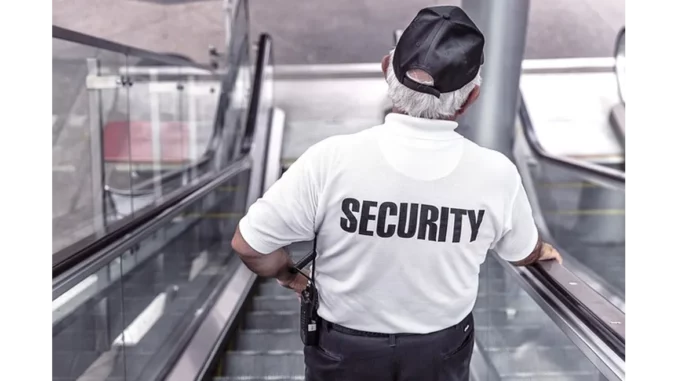
When I engaged in a discussion with Anthony Marley, the director of Anamore, the recent decision by the Scottish Government to reduce the cladding remediation budget by £700,000 was a prominent concern. Anthony, an experienced professional and fervent advocate for building safety, provided a frank assessment of the potential fallout from this decision. Reporting our conversation felt not merely a professional duty but also a moral imperative to amplify voices that often go unheard in legislative chambers.
Focus360 Energy: property compliance services – pre-planning to post-construction. Learn more.
Anthony expressed profound disappointment, remarking, “The Scottish Government has historically led the way in building safety measures following the Grenfell tragedy. Their proactive stance has been laudable, but this reduction feels like a regression.” The Housing (Cladding Remediation) (Scotland) Act 2024 had been a beacon of hope for many homeowners ensnared in the uncertainty of unsafe high-rise buildings. This legislation was designed to streamline the assessment and remediation processes for buildings with hazardous cladding, ensuring that residents could rest easy.
“Since the Grenfell disaster in 2017, enhancing building regulations has been a national priority,” Anthony noted. “The initiatives by the Scottish Government, such as the Ministerial Working Group on Building and Fire Safety and the Single Building Assessment Programme, have been instrumental.” These programmes had identified 105 high-rise residential buildings at risk, highlighting the significant progress made thus far.
However, the recent budget cuts announced by Shona Robison MSP, the Cabinet Secretary for Finance and Local Government, have cast a shadow over these efforts. “I understand the necessity of balancing the budget,” Anthony acknowledged. “But slashing £700,000 from an already critical programme feels like a risky manoeuvre.” The Finance Secretary’s declaration of cuts totalling up to £500 million across various government departments to balance the 2025/26 Budget has left numerous stakeholders in the cladding remediation process feeling anxious and uncertain.
Anthony was quick to underline the Scottish Government’s pledge to continue with the planned activities under the cladding remediation programme. “The establishment of the Cladding Assurance Register is a significant milestone,” he stated. This database is intended to ensure a coordinated approach for each building in need of remedial works across Scotland, a model Anthony believes could be emulated by other regions in the UK.
Despite these assurances, the urgency for remediation work cannot be overstated. “Homeowners are living in limbo,” Anthony remarked, frustration evident in his tone. “The longer we delay, the more we compromise their safety and peace of mind.” The Scottish Government’s proposed ‘building safety levy,’ set to be enacted within the next 12 months, is a step in the right direction. However, Anthony cautioned against complacency, warning that “waiting until September 2025 for this legislation to pass might be too late for some.”
The discussion then broadened to consider the wider implications of the funding cut. “Building safety programmes necessitate robust financial support,” Anthony emphasised. “Residents, developers, and governments must collaborate to ensure there is adequate backing throughout the process.” He called for a united front among all major political parties at Holyrood to guarantee that the cladding remediation programme receives sustainable funding.
“Scotland’s legislation on building safety is more advanced than that of other devolved regions in the UK,” Anthony noted with pride. “We have set a high bar, but we must now provide the necessary resources to see these projects through.”
As our conversation drew to a close, it became evident that Anthony Marley was not merely voicing his concerns but also championing a cause that affects thousands of lives. His message was unequivocal: “Building safety cannot become an afterthought. It must remain a priority, irrespective of budgetary constraints.”
For readers, this serves as a crucial reminder of the delicate balance between fiscal responsibility and public safety. The £700,000 cut to the cladding remediation programme is more than just a budgetary adjustment; it is a decision that could have far-reaching consequences for many homeowners. As Anthony Marley aptly put it, “We cannot afford to be cautious about safety. It is imperative that we act now.”


Be the first to comment